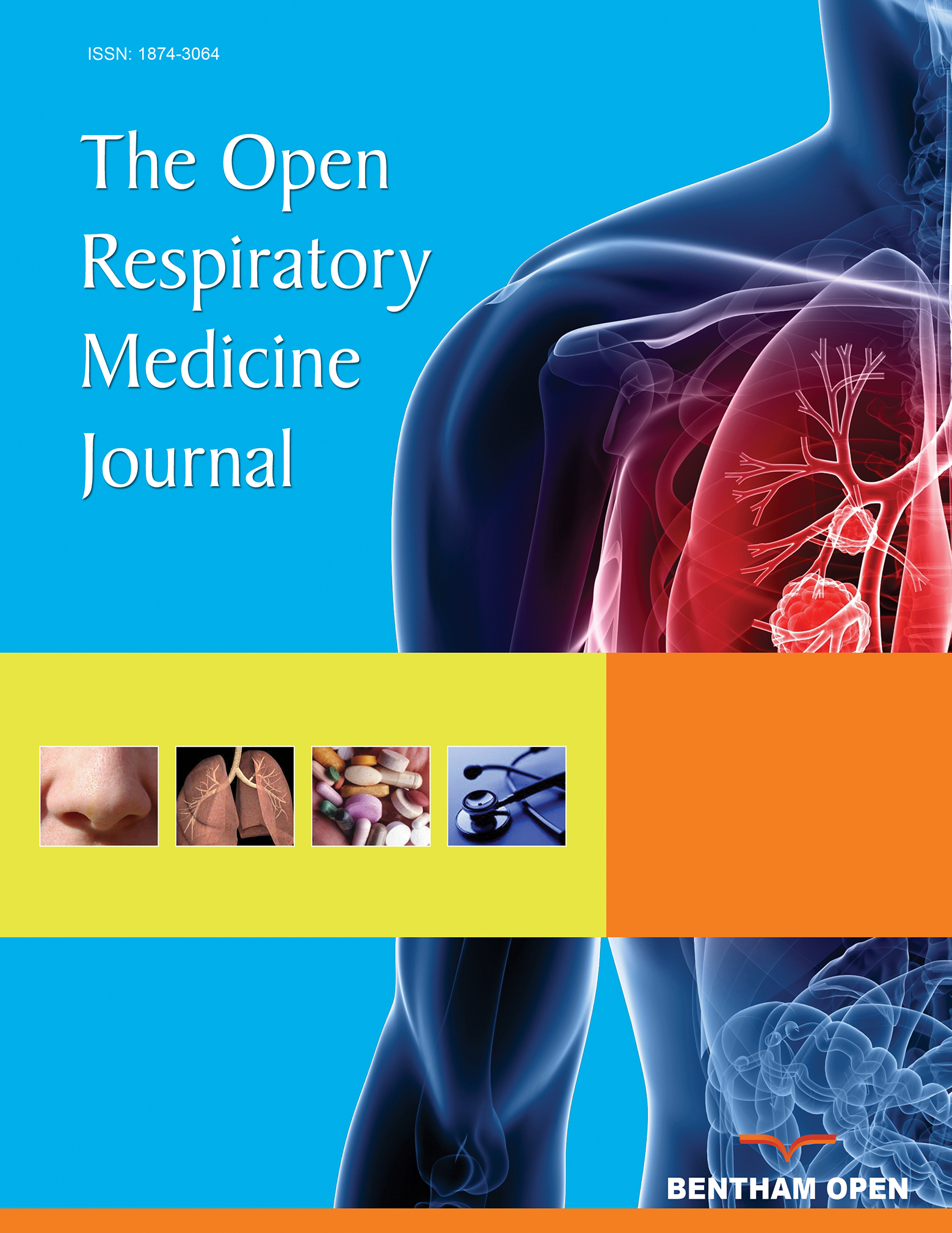All published articles of this journal are available on ScienceDirect.
Relationship Between Lung Cancer and Mycobacterium Avium Complex Isolated Using Bronchoscopy
Abstract
Introduction:
The incidence of Mycobacterium avium complex (MAC)-positive respiratory specimen cultures and MAC lung disease (MACLD) is increasing worldwide. This retrospective study aimed to assess the association between MAC culture-positive bronchoscopy specimens and lung cancer.
Materials and Methods:
The medical records of 1382 untreated lung cancer patients between 2003 and 2011 were collected using our hospital database. Of them, records for 1258 that had undergone bronchoscopy together with sampling for mycobacterial culture were reviewed. Patient characteristics were compared between those with MAC-positive/other nontuberculous mycobacteria (NTM)-negative bronchial washings and those with MAC-negative/other NTM-negative bronchial washings. Patients with MAC-positive lung cancer were cross-sectionally divided into MACLD and non-MACLD groups, and their features were assessed. Follow-up data for patients with lung cancer but without MACLD were reviewed for subsequent development of MACLD.
Results:
Of the 1258 patients with lung cancer, 25 (2.0%) had MAC-positive/other NTM-negative bronchial washings. The proportion of women (52% vs 30%; P = 0.0274) and patient age (72 years vs 69 years; P = 0.0380) were significantly higher in the MAC-positive/other NTM-negative lung cancer group (n = 25) than in the MAC-negative/other NTM-negative lung cancer group (n = 1223). There were 10 patients with lung cancer and MACLD and 15 without MACLD; significant differences in patient characteristics were not found between the two groups, and none of the 15 patients without MACLD subsequently developed MACLD.
Conclusion:
MAC culture-positive bronchial washing is positively associated with lung cancer. Female sex and advanced age, but not lung cancer characteristics, were found to be associated with MAC infection in patients with lung cancer.


